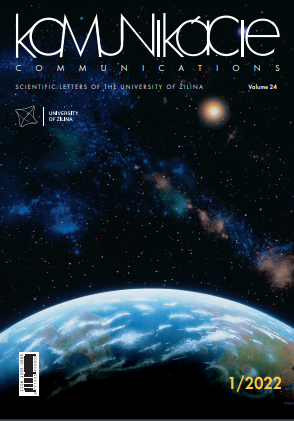The Viscosity Effect on Velocity of a Macroscopic Vehicular Traffic Model
The Viscosity Effect on Velocity of a Macroscopic Vehicular Traffic Model
Author(s): Erick Javier Lopez-Sanchez, Norma Yanet Sanchez-Torres, Patricia Eugenia Olivera MartinezSubject(s): Methodology and research technology, ICT Information and Communications Technologies, Transport / Logistics
Published by: Žilinská univerzita v Žilině
Keywords: Greenberg traffic model; viscosity; vehicular density; vehicular velocity; numerical simulations;
Summary/Abstract: Traffic in Mexico City poses a serious problem of vehicle saturation that causes a decrease in speed and increased transport time in the streets that suffer mobility collapses. A macroscopic model of vehicular traffic is used to show the effect of viscosity on the vehicular variables (speed and vehicle density), applied to two avenues in Mexico City, is studied. The input parameters were calculated following the Greenberg model. As the original model presents numerical divergences, the two assumptions corresponding to conservation of the vehicle's mass and the viscous term are modified. The results suggest that the viscosity depends on time and that it can be adapted to recommend modifications in urban mobility parameters, or even to implement the public planning policies in construction of infrastructure for urban transport, to make vehicle flow more efficient.
Journal: Komunikácie - vedecké listy Žilinskej univerzity v Žiline
- Issue Year: 23/2021
- Issue No: 2
- Page Range: 80-93
- Page Count: 14
- Language: English

